In a drive to continue generous unemployment benefits for American unemployed in lieu of actual work, HuffPost has claimed that the outsized COVID unemployment benefits have had no effect on the labor shortage the country is currently experiencing.
At stake here aren’t just unemployment benefits as a matter of fiscal or social policy.
Inflation is beginning to work in the economy with higher prices causing warnings from Treasury Secretary Janet Yellen and investor Warren Buffett.
This is rather extraordinary considering that unemployment is fairly high and the U.S. economy is coming out of recession. And labor shortages, economic watchers warn, can rapidly accelerate inflation.
When that happens, it just a matter of when, not if, the economy slips into another recession.
“While some employers may be struggling to hire for one reason or another right now, economists say generous unemployment benefits are not the cause,” according to HuffPost.
HuffPost, acting as a DNC mouthpiece, was responding to comments on Twitter by prominent Republicans in Congress who are concerned that the labor shortage may have a negative effect on the economy.
This is what happens when you extend unemployment benefits for too long and add a $1400 stimulus payment to it. Right when employers need workers to fully open back up, few can be found. pic.twitter.com/DlrQp8Vzw1
– David Rouzer (@RepDavidRouzer) April 30, 2021
To prove its point, HuffPost cited a few studies that looked at the expiration of COVID unemployment benefits in July of 2020 and determined that the expiration of those benefits didn’t affect labor markets.
While that may be true, it ignores the current situation in the labor market in May 2021, where fears of COVID are diminishing, as opposed to last July when fears of COVID were steady or accelerating-and when many were not ready or able to go back to work.
It also ignores that the New York Times acknowledges that unemployment benefits can cause labor shortages, and worse.
“If this apparent labor shortage persists,” says the Times, “it will have huge implications for the economy in 2021 and beyond. It could act as a brake on growth and cause unnecessary business failures, long lines at remaining businesses, and rising prices.”
That is not to say that there aren’t other factors that feed labor shortages, but only someone trying to make a political case to continue benefits would claim that “economists say” unemployment benefits have a neutral effect on the labor market.
The effects are pretty complicated and can most certainly cause labor shortages, economists would likely agree.
One reason why employment causes labor shortages is because of the multiplier effect that a working person causes when working.
A working person creates more economic activity by using transportation, buying clothes for work and generally being more economically active. That means more people are employed supporting someone with a job versus someone who is unemployed. If a self-reinforcing cycle that leads to more employment, thus labor shortages.
The HuffPo claim also ignores the short-term duration of the COVID unemployment benefits from June 2020 to July 2020 as a paper cited by the Post acknowledges.
“Going forward, future research would benefit from better understanding the source of this very modest employment response to UI benefit generosity, and whether it was driven by unusually low micro-level response of unemployment duration,” wrote Arindrajit Dube, an economist at the National Bureau of Economic Research.
It’s worth noting that the report from the NBER was not peer reviewed by economists before publication.
© Copyright © 2021, Accuracy in Media
—-
This content is published through a licensing agreement with Acquire Media using its NewsEdge technology.



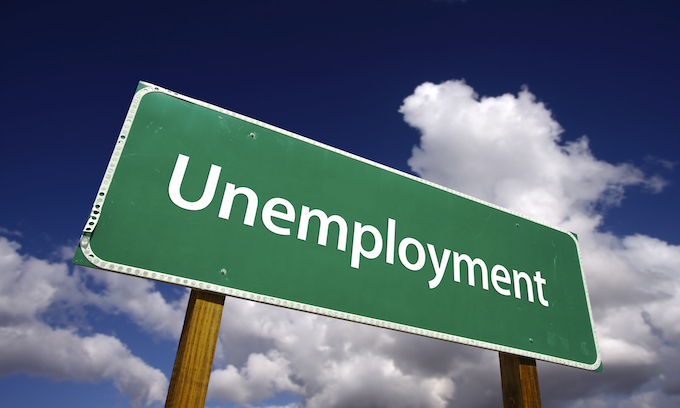
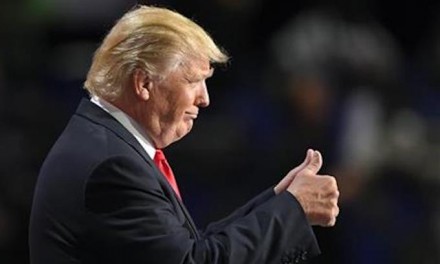
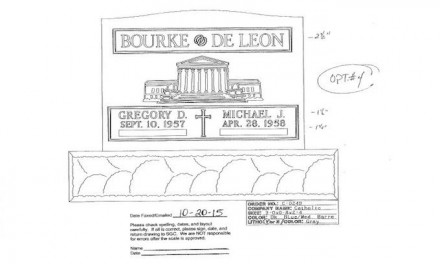
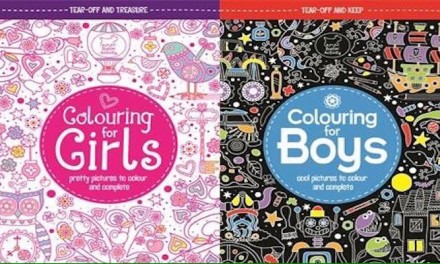
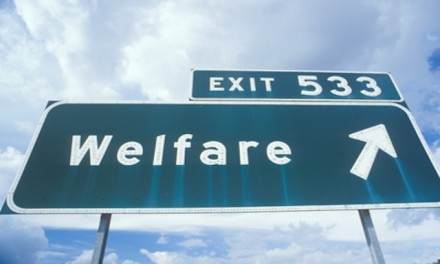











So just where is the Huffington Surprise, when Huffington herself got rich on the unemployment benefits of divorcing a rich American Republican Conservative, managing to redistribute honest earned American wealth to her dishonest foreign born wealth stealing self. She is the poster child of how foreigners can worm their way into America and live off the fat of the land, and get paid to stay home on free government money, opening the need to import more illegals and future Soros designed Democrat voting non-taxpaying slave wage earners who send their paychecks back home to the criminal countries of origin while legal Americans get vote bribed and Democrat party rewarded on government borrowed money not to work and create things like lumber whose price has doubled in the last year due to scarcity of legal labor paid by Democrats to stay home, has now added $35,000 to the average price of constructing a new home. Can inflation soon follow? As the darkness of Democrat rule, always follows the light of proven Conservative rule by reason. Soon we will all be equally poor millionaires, with the future devalued money where a dollar tomorrow is worth a penny’s buying power today. Enter the age of the equal redistribution of American socialist poverty, created by creeps like sell-out Biden who disguise themselves as legitimate American Democrats. This is not your fathers Democrat party!
Huff has LONG BEEN a mouthpiece for the DNC..
The Huffington Post, run by communists, who are in bed with the Democrat communist party. The Government will pay people as much or more to stay off of work and here we come Venezuela. Our society is a disgrace. Outright communism and socialism and the stupid sheep in society are heading toward being slaughtered and they cannot see it coming.
More like they don’t CARE that its coming.
The HuffPost is just a Lie and political propaganda outlet of the Democrat Party.
Why would people work, when the traitorous Socialist Democrat Party is giving you more money than you can make working? For now.
The Dishonorable, U.S. Socialist Democrat Party game plan is to lie, cheat and steal elections in order to take total control of the American people, increase Taxes on everything and bring American commerce and economy to its knees.
Then access power and retain it by any means available –
no matter the costs to the people, the government or the nation. ,/strong>
Even HuffPost’s weather forecast are LIES.
these days, what news media outlet, is NOT A mouthpiece for the commucrat policy!
DUH, Of Course They Would!
This is a very perplexing Question for those receiving unemployment Checks by The Federal Government,Do I Want to Work An 8 Hour a Day Job In Which I Make Less Money, Or Do I Want To Get More Money Staying At Home On Unemployment, Let Me See, I’ll have to Think Long And Hard About That…..
EVERY TIME You rob peter to pay paul, PAUL WILL BE a very happy man!
And who would believe anything from the HuffPost?